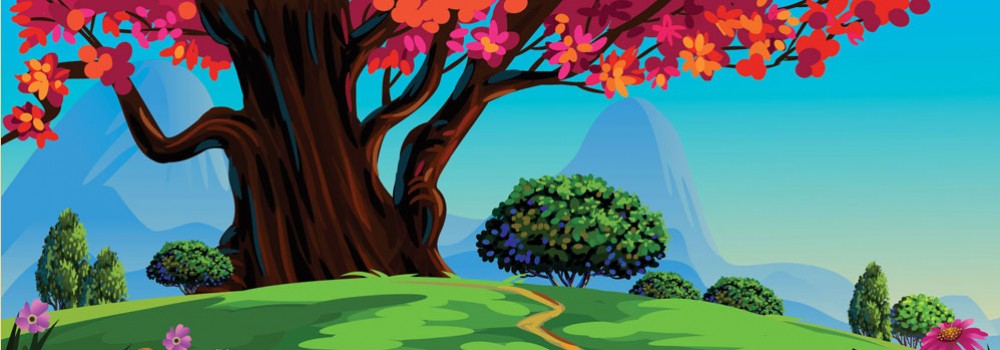Here at our home, every week is “pollinator week.” It’s great to know that eleven years ago the U.S. Senate unanimously approved and designated a week in June as “National Pollinator Week.” Because our vital pollinator populations are declining at an alarming rate (down 25% since 1990), there is an international celebration of the contribution our bees, birds, butterflies, bats and beetles make to our ecosystems. Pollination makes our food supply possible. E. O. Wilson, in his introduction to The Forgotten Pollinators by Stephen L. Buchmann and Gary Paul Nabhan, said, “Every third bite of food you take, thank a bee or other pollinator.” Our kids can understand this a lot better when we tell them that we can’t have pizzas without bees and others to pollinate wheat for the crust and tomatoes and vegetables for the sauce and toppings.
Our great-granddaughter, Sydney, was fascinated watching bumblebees from our laps on the porch at six months of age. She quickly progressed to pointing, questioning, and learning the wonderful world just outside our back door. We have many adventure walks to observe nature and pollinators at work. She helps plant flowers in our garden to attract them, and helps harvest herbs and flowers we grow from our saved seeds each year. She knows this would not be possible without pollinators.
There are many websites with information and facts about every aspect of pollination. Just type a key word or two into the search bar of your device; “bees” or “pollinators” will get you to many interesting sites. My book, Lemon Trees and Bumblebees, was inspired by our own experience which is described in the November, 2011, blog post on this site.
The video below shows Sydney talking with me about one of her favorite subjects, pollination. She loves to play “teacher” and give me science lessons we have shared. We also cook together using the variety of foods that have grown because of pollination. She is always willing to eat what she has learned about and helped prepare. In these ways, Sydney is keenly aware of the importance of providing for and promoting our pollinators, and we hope your family will celebrate the addition to our lives and future that they bring.
